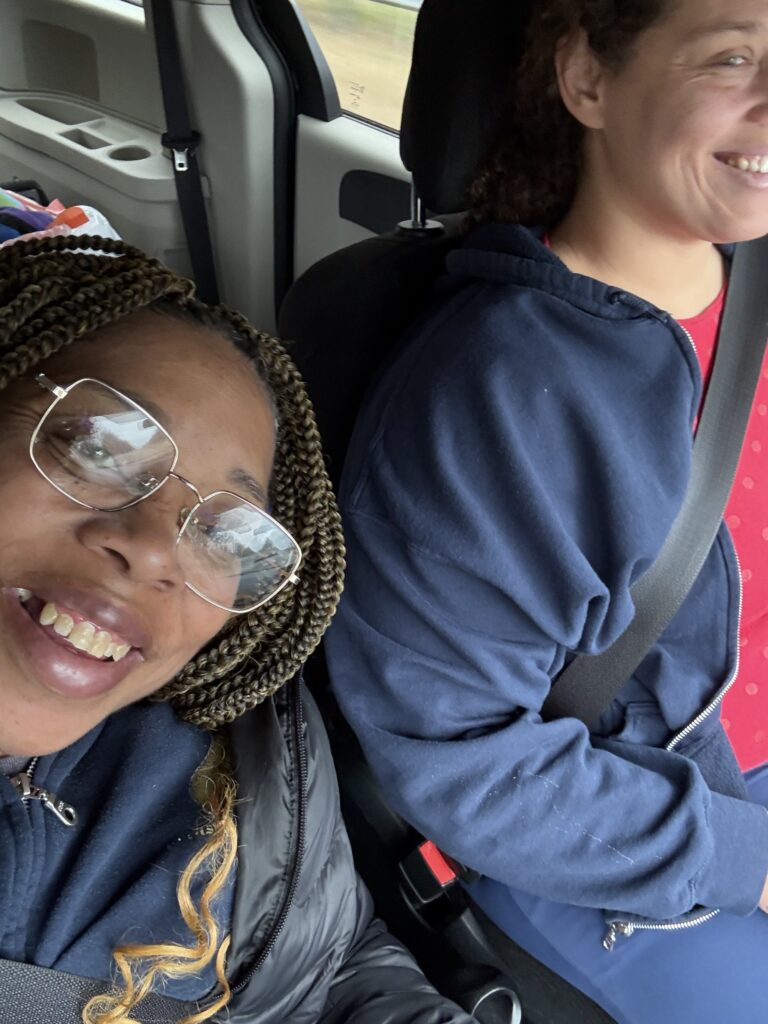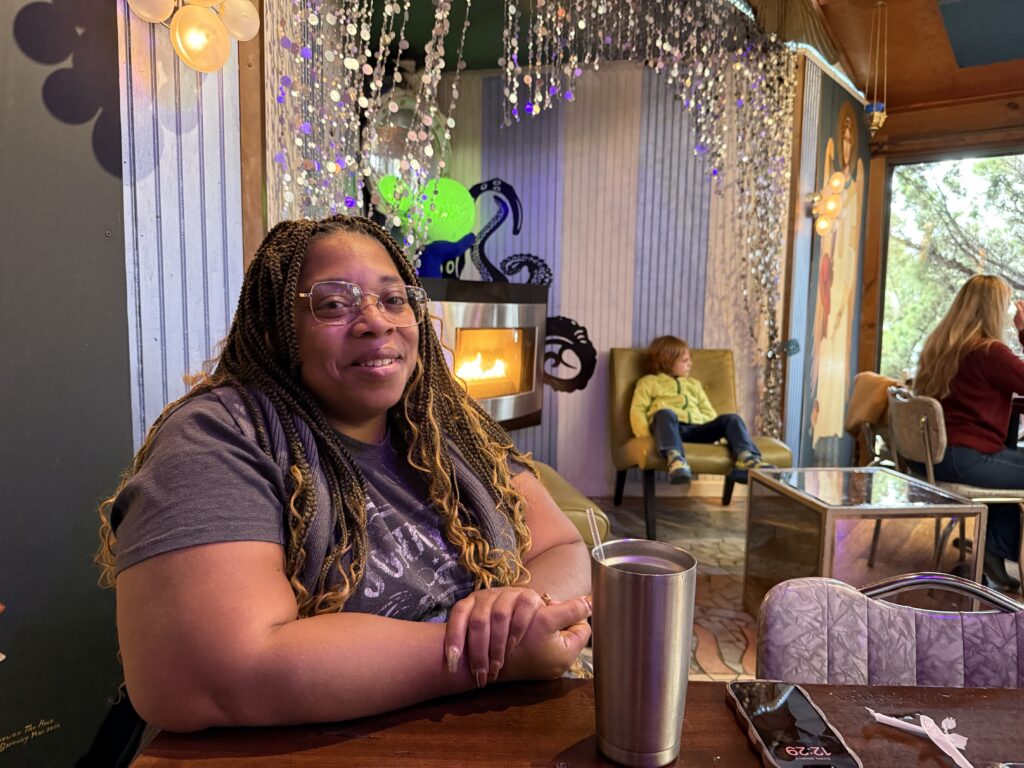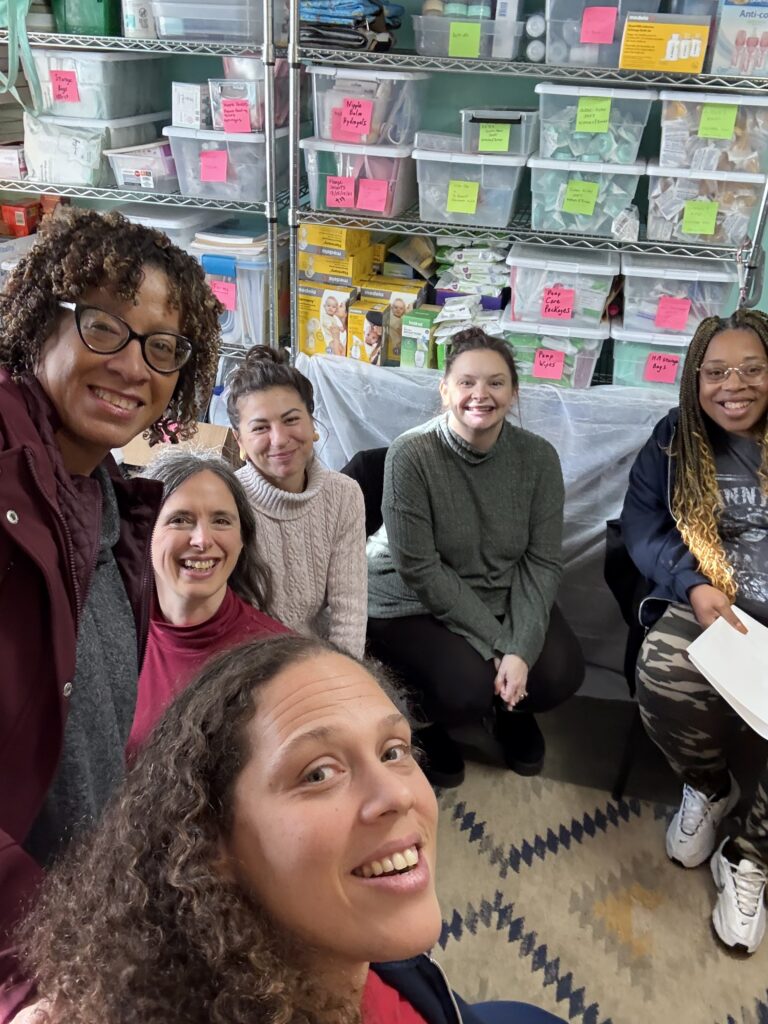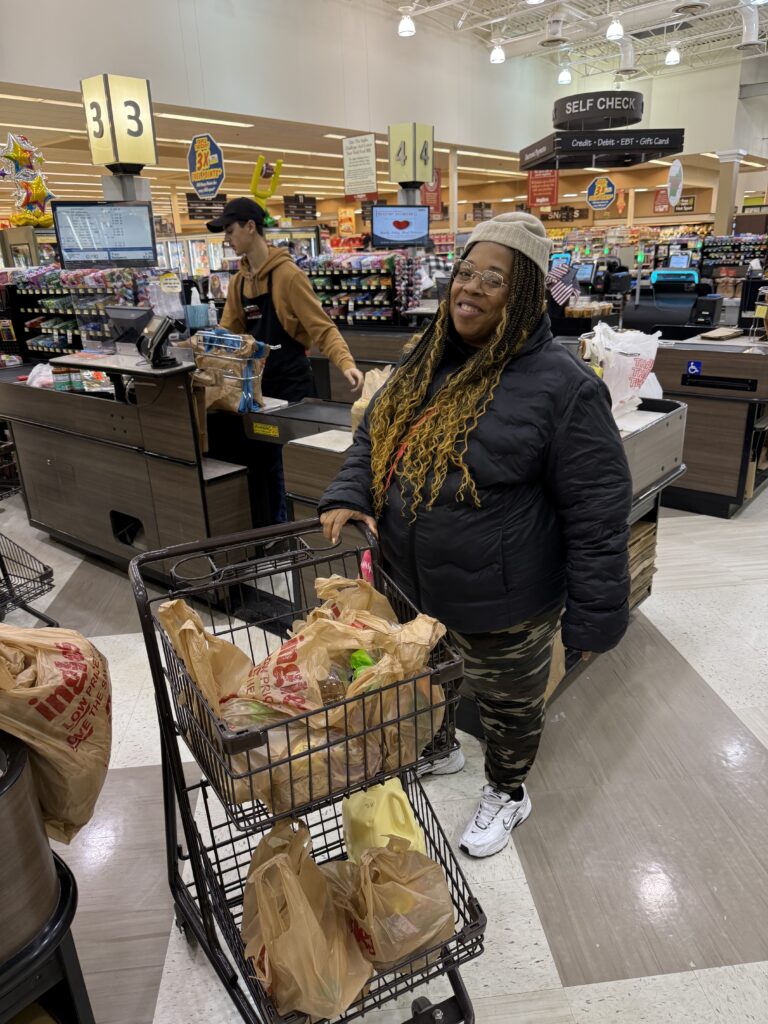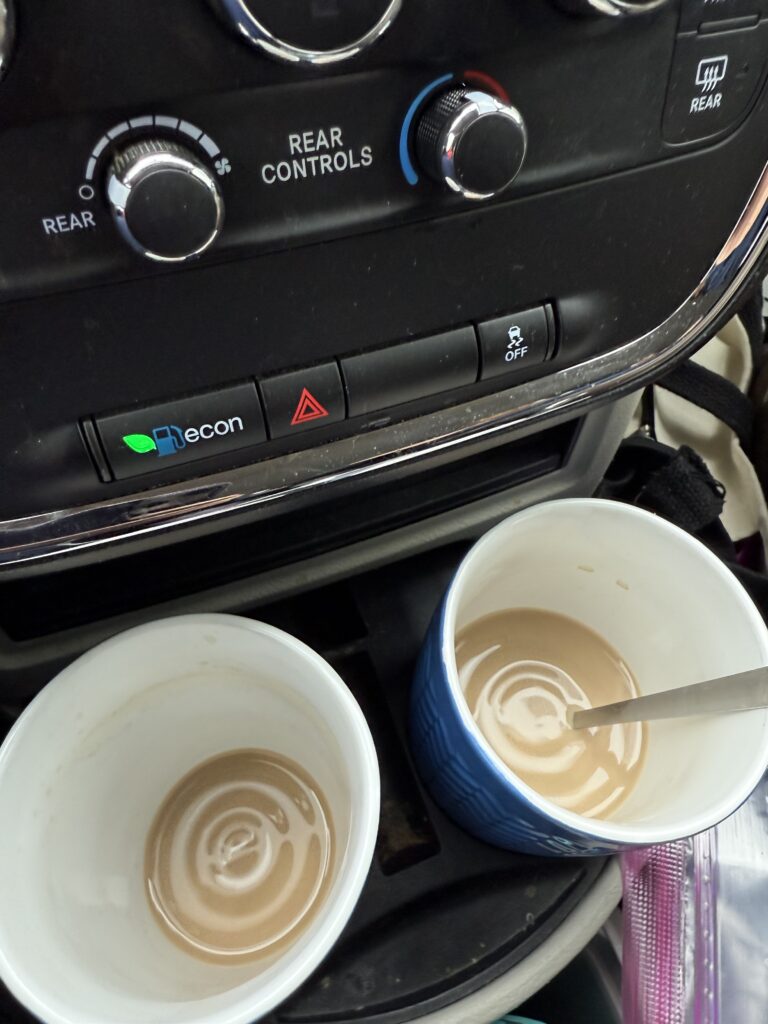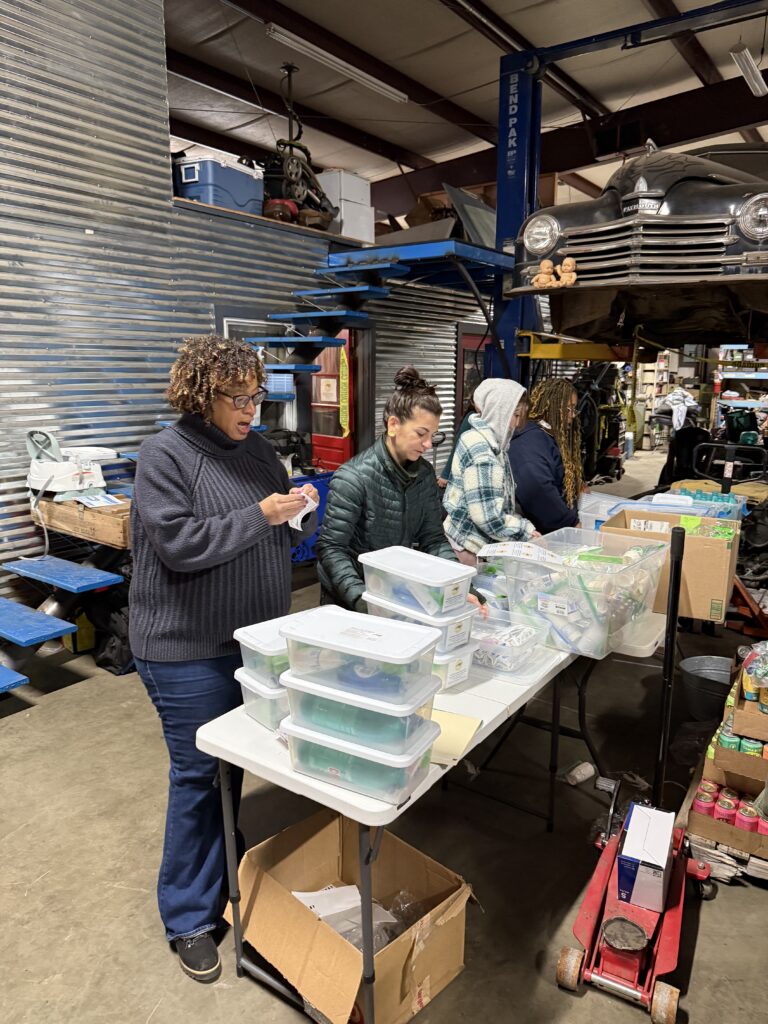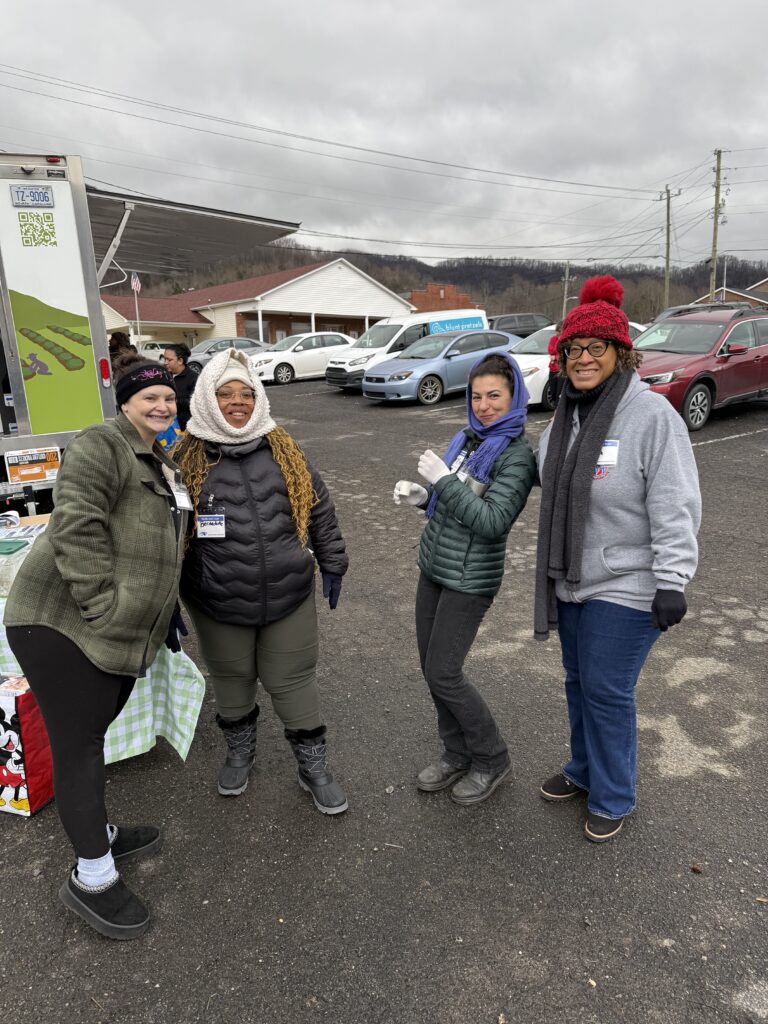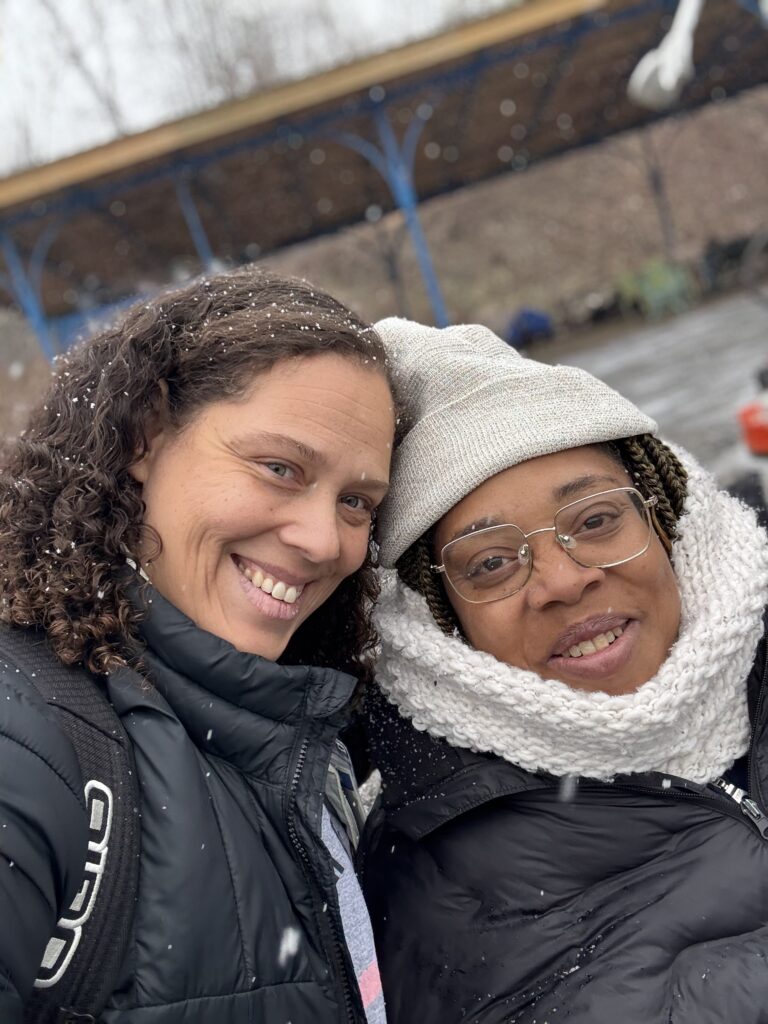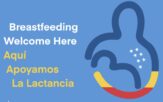Supporting families in Western North Carolina has been nothing short of life-changing. Coming here to help test and train the SAFE program, I didn’t expect to learn much—after all, I helped develop the curriculum. But being on the ground, surrounded by incredible people like Tina Sherman, Bernadette Greene, Jayne Corradi Lee, Corey Erba, Brandi Harrison, Norma Ortiz Escobar, and Corey Graywood, I realized how much I had to gain. Each of them brought a wealth of expertise and a fresh perspective, challenging me to rethink how we address problems and systems in times of trauma.
The experience added a new layer to my understanding of what it means to support families and communities during disasters. It forced me to reflect on my own trauma, the resilience of people facing unimaginable challenges, and the necessity of restructuring systems to better serve those in need. Disasters aren’t slowing down (from the fires in California to water crises in Virginia and Charlotte), and these are skills we all need to develop.
Emotionally, this work was hard. Witnessing devastation firsthand—families displaced, homes destroyed—was overwhelming. One encounter that stays with me was with a local doula, a woman who looked just like me. She told me how the storm hit on her wedding day, how lucky she felt to be alive despite losing her home. The look in her eyes broke my heart and deepened my resolve. This is her community, and she faces years of recovery ahead. Imagining roads that won’t be cleared for two years and temporary bridges spanning rivers still swollen with debris—it’s almost unimaginable.
The training we developed, NCBfC SAFE Infant Feeding, though, gave me hope. It’s robust, accessible to people with a wide range of skills. I truly believe it can serve everyone—from my eager to help 13-year-old to someone with a PhD in infant and young child feeding in emergencies. The chance to brainstorm and collaborate with colleagues was invaluable, and the flexibility of the team in adapting to challenges—from weather to housing—was inspiring. Weaverville, with its quirky Forge and Apocalypse Parlor, brought moments of joy amidst the chaos. And coming home to shared housing, cooking meals with colleagues, and bonding over our shared mission was another highlight.
Organizations like Bounty & Soul welcomed us into their community, sharing fresh fruits and vegetables and reminding us that their work existed long before the storm and would continue long after. Their resilience and commitment mirrored that of so many care facilities still functioning despite overwhelming odds. It was hands-on, collaborative learning at its finest, integrating the expertise of organizations deeply rooted in the community with the urgency of disaster relief.
For more on the work of the SAFE Team, including their efforts on the ground in Western North Carolina, check out Tina Sherman’s blog on MomsRising: Supporting Western North Carolina Families Affected by Hurricane Helene.
This experience has forever changed me. Supporting families during a disaster isn’t just about providing immediate aid; it’s about building relationships, rethinking systems, and fostering resilience that can endure for years to come. If you’ve ever thought about getting involved, I encourage you to join me. Be part of this transformative journey. It’s hard, humbling, and deeply rewarding. Together, we can make a difference.
